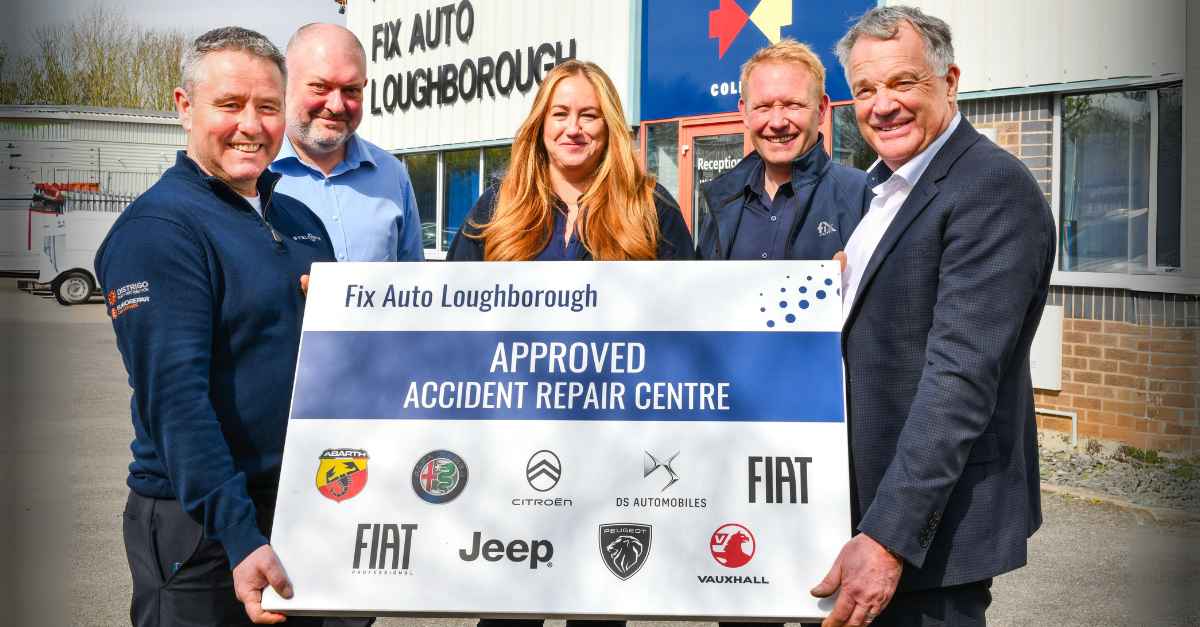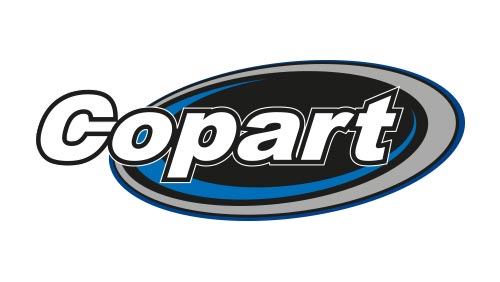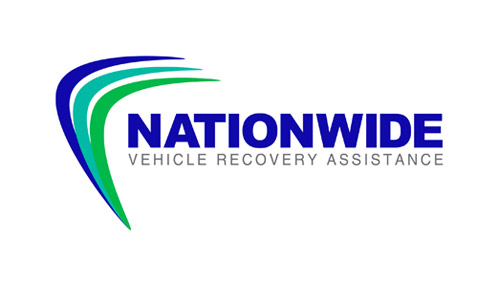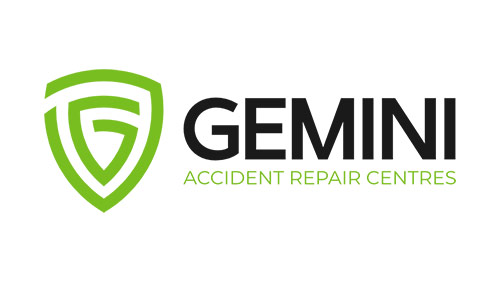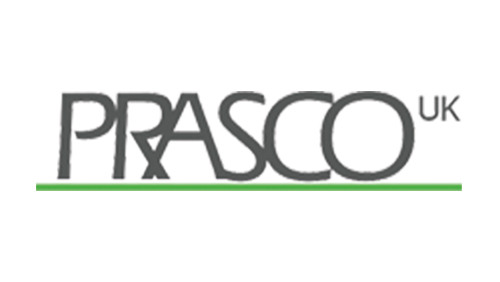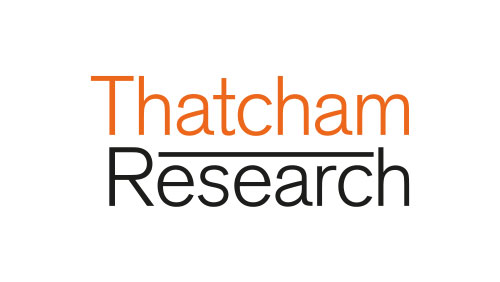Thatcham Research has been at the cutting edge of vehicle technology since it was established in 1969. Occupying a unique position between motor insurers and vehicle manufacturers, its research is critical to helping the sector understand vehicle safety, security and repair. Here, we speak to Dean Lander, Head of Repair Sector Services, about the fast development of vehicle tech, and the challenges it poses to repairers.
How is Thatcham Research working with the wider industry to future-proof the market against increasing vehicle tech?
Thatcham Research is not against the increasing prevalence of technology fitted to vehicles. In fact, we see far-ranging benefits to the technological revolution but want to support its safe adoption. This encompasses all technology across the automated, connected and electrified spectrum.
As you may know, we launched EV Ready in 2021, a product which supports bodyshops in raising awareness for all staff of safe handling requirements for EVs and in turn positions their business as capable and efficient in EV repair.
We are also working with Zenzic, a governmental organisation tasked with ‘accelerating the self-driving revolution’ in the UK, to develop a framework for an independent consumer safety rating scheme for automated driving systems. This will be the first consumer rating in the world to combine physical and virtual testing, and aims to encourage the safe introduction of this technology across the UK.
We are also actively supporting the revision of BS10125, the industry-agreed technical specification for vehicle body repair, and the work of the sector advisory group on skills.
The pace of change in vehicle tech is well documented, but where do you think the acceleration is most pronounced?
It changes so constantly. In 2018, the transition from assisted driving to automation was a key media focus, with brands like Tesla generating headlines around the benefits and risks. However, in the last two years, the transition to zero-emission vehicles has been accelerated by regulatory changes and incentives, as part of the government’s ‘road to zero’ strategy for the decarbonisation of our roads.
In the case of the transition to automation, significant challenges remain – around safety, liability, legislation, and the maturity of the tech – which have arguably slowed progress.
This is not necessarily the case for the parallel EV journey. New EV registrations are now consistently outperforming the registration of combustion fuelled vehicles with nearly one in 10 cars on sale in the UK being zero emission. This increase has in part been encouraged through a wider EV model range and subsequent price reductions.
By 2030 the sale of new petrol and diesel cars will be phased out and by 2035 all new cars must be zero emission at the tailpipe – if they have a tailpipe at all. However, it is predicted that the cost of ZEVs (zero emission vehicles) will be lower than ICE (internal combustion engine) vehicles by the mid to late 2020s – much sooner than the government phase out dates.
EVs and ADAS are well-established technologies; which other technologies do you think will change the landscape in the coming years?
The connected vehicle is going to have a big impact on the automotive landscape and how bodyshops perform and respond.
The SMMT predicts that up to 90% of new cars and over half of the car parc will be connected to the internet by 2025. Connectivity is an important leap forward, especially for safety, as connected vehicles can talk intelligently to one another, preventing accidents and injuries by reporting obstructions and weather conditions for example.
‘Over the Air’ (OTA) updates, which are already popular with the likes of Tesla and Volvo, are another interesting area and serve to provide fast, stress-free upgrades directly to a vehicle. There are meaningful benefits to this kind of technology from fixing faults to improving engine and ADAS performance. However, as we stride forward with new technology it’s important to raise awareness of the risks and mitigate vulnerabilities.
Further through the lifecycle, bodyshops will also need to adapt to keep up with the changing technological landscape. Reinstatement will require confirmation of the cyber capability, including the security of such features post-repair. As more and more diagnostics are to be managed remotely, it will be increasingly important for bodyshops to align operations and processes with those specified and managed by the vehicle’s onboard diagnostics system.
How do you think vehicle tech will impact motor claims?
I feel there is an inevitable path to a more automated claims process using vehicle-integrated Artificial Intelligence. It’s conceivable that, not so far into the future, the car will become incumbent in making a claim, using onboard analytics to define the operation and functionality of systems post-accident, and determining the most appropriate steps to take as a result. Engaging with services such as roadside recovery, bodyshops and parts suppliers using telematics to triage itself is also entirely likely.
Although vehicle connectivity brings benefits to ownership, it can also pose risks. Cyber hacks are an inevitability, as criminals become more sophisticated, along with the technology. The system resilience of the vehicles to fail safely and minimise the scale of an attack is crucial.
Cyber is currently more of a silent risk that lacks clarity in policies, therefore insurers will need to address this promptly to transparently deal with claims of this nature, as we predict they will certainly appear in claims of the future. We’re working closely with our members to address these challenges before they emerge.
As mentioned previously, OTA updates are also likely to impact motor claims as in some cases the car can essentially be modified overnight, for instance with increased speed. The onus then shifts to the customer to inform their insurer of vehicle modifications and that it is reflected in the insurance policy.
On the flip side, we believe insurers will experience a general reduction in the severity of crashes. The rise of automation and ADAS is expected to drive down clash claim frequency by 16% by 2025. While the severity of crashes will reduce, this should lead to fewer and milder injuries, and less costs for insurers.
Is the aftermarket sector prepared to safely repair modern/future vehicles?
It can be but it will require innovation, an entrepreneurial spirit and hard work. The complexity of these new vehicles – packed with advanced and expensive but often vulnerable technology – means that repairs will likely need specialist bodyshops that are VM-approved and capable of dealing with the specific challenges that sensors and new drivetrains bring.
It has been said many times that the pace of change we will see in the next decade will be more pronounced than we have seen in the lifetime of the motor vehicle. The industry needs to be agile, determined and in doing so, yes it will be prepared.
Do you see greater vehicle tech changing the repairer business model?
This is another inevitability. Technology must change business models and the repair industry cannot be immune from this. The transformative nature of the tech won’t allow stagnation of process and models defined within bodyshops. Some processes around vehicle damage assessment, diagnostics and repair will have to keep pace with the technology. For example, an EV must be proven safe prior to vehicle damage assessment, and diagnostics may require connection to a remote server rather than a computer with the accessible software. If the claims journey automates, bodyshops must be agile to survive.
Where do you think the greatest challenges and opportunities are in terms of emerging vehicle tech?
Constantly developing vehicle technology creates learning opportunities in the repair industry too. It’s a great time to attract young people to the industry and there are huge opportunities for digital natives. At Thatcham Research we use the latest cutting-edge technology to educate apprentices efficiently and prepare them for the growing scope of digital repairs.
Another challenge for insurers is accurately underwriting new vehicles when technology is constantly developing and changing, and add-ons can vary from model to model. However, Thatcham Research’s Variant Code is updated on a weekly basis with the latest data and informs insurers which features are available on what vehicles as standard, helping insurers to provide customers with a far more accurate premium.
The greatest challenge is an opportunity. The growth in EVs is rapid, but those who ready themselves now will be in an extremely advantageous position. Not every bodyshop will be able to manage these new technologies, so the early adopters will be able to steal a march before the mass market catches up.


